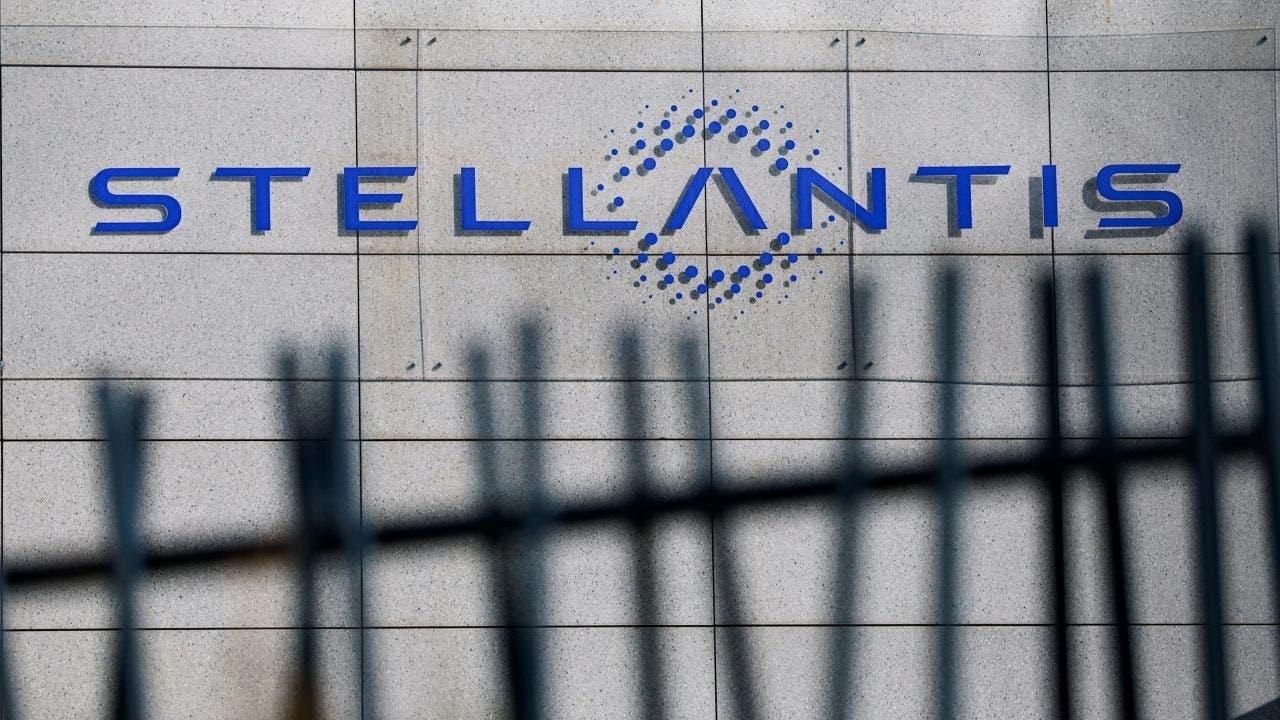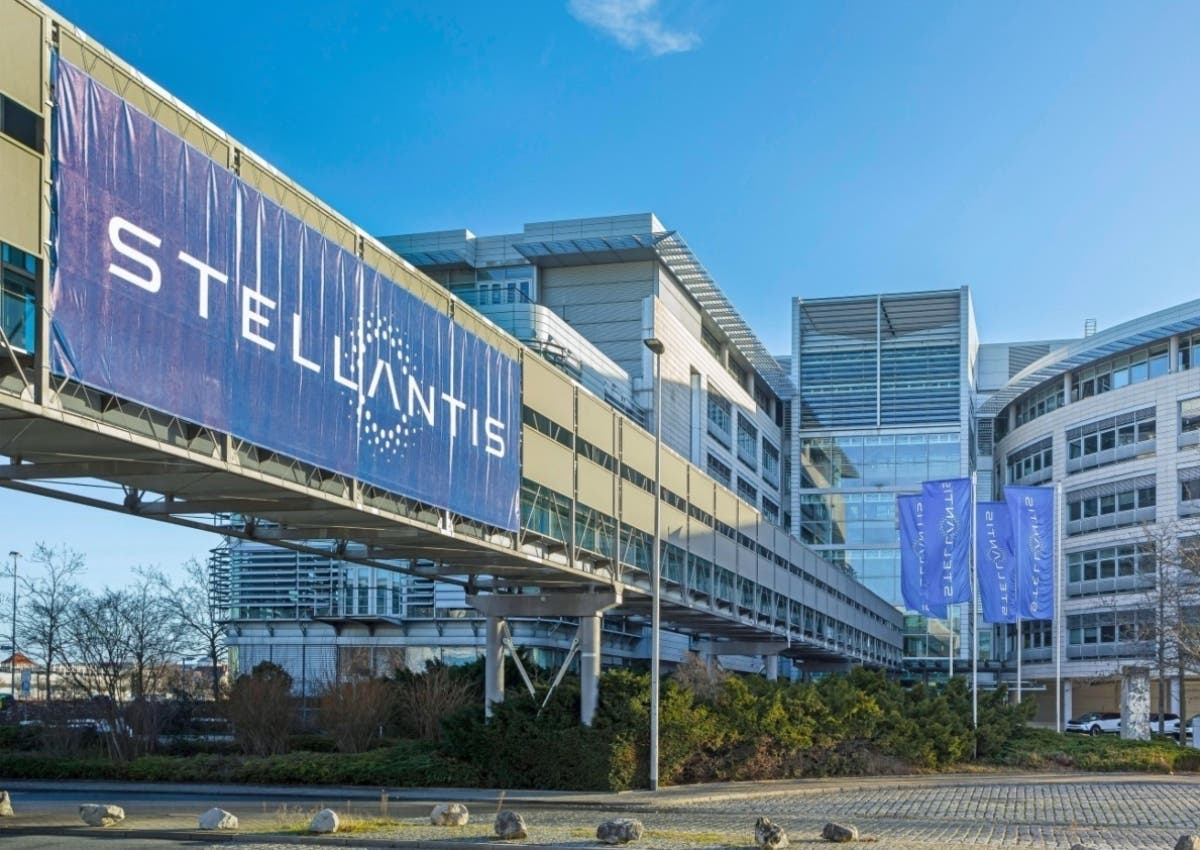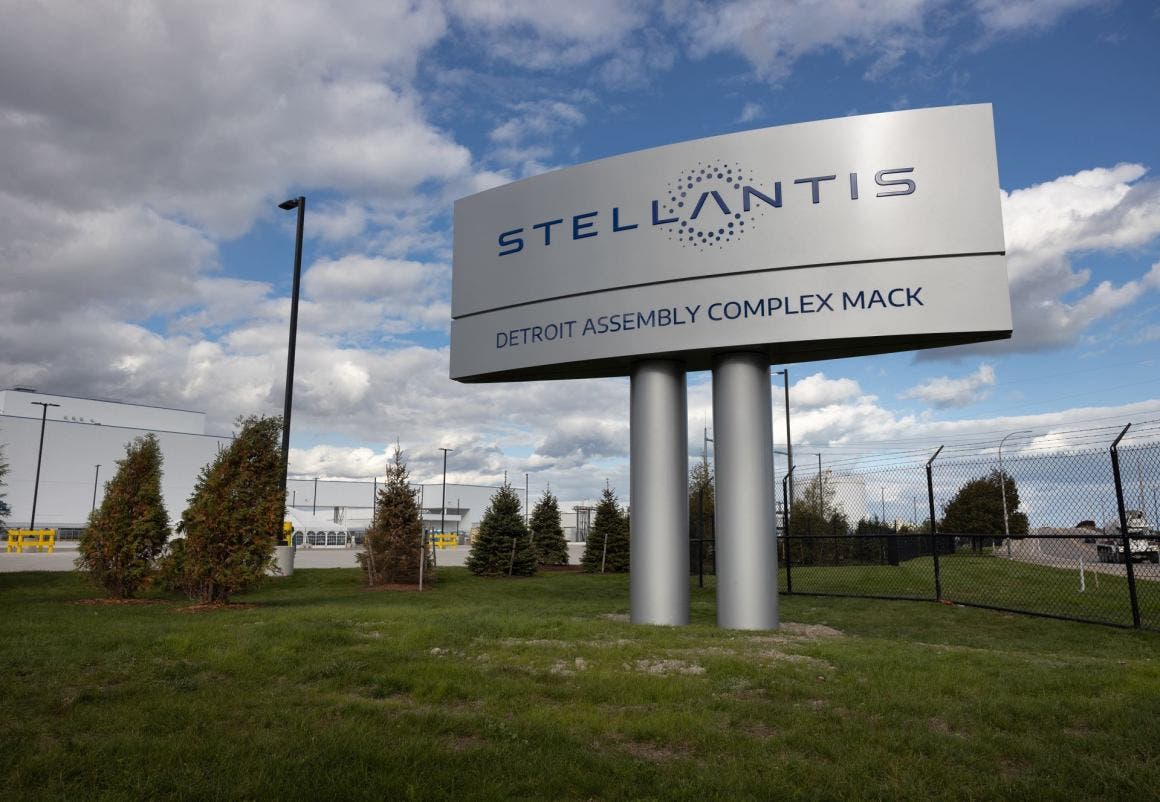Last Friday, Stellantis announced a temporary suspension plan that will affect 330 employees distributed across two key component manufacturing facilities in the Detroit area. The measure, which will take effect shortly and continue for several weeks, will impact 170 workers at the Warren stamping plant and another 160 at the Sterling production complex. Additionally, Stellantis has announced that it will halt production at Warren for four weeks.
Stellantis: more layoffs coming soon in Detroit?

At the root of this corporate decision is the temporary shutdown of operations at two assembly centers located in Canadian and Mexican territory, a direct consequence of the Trump administration’s introduction of 25% tariffs on vehicle imports. Stellantis‘ overall plan includes approximately 900 temporary layoffs on US soil, with repercussions also affecting other production sites such as those in Kokomo, Indiana.
The two stamping centers in the Detroit area are particularly penalized by the imminent closure of the Windsor assembly plant, as they supply components to this Canadian facility specialized in the production of Chrysler minivans and Dodge Charger electric muscle cars. This was confirmed by Romaine McKinney III, head of the local 869 section of the United Auto Workers union, which represents the interests of approximately 800 employees at the Warren Stamping facility.

According to the union representative, the plant is already feeling the effects of difficulties at the nearby Warren Truck Assembly plant which, as mentioned earlier, will suspend activities for several weeks due to a lack of powertrains. With the further workforce reduction expected in the coming days, McKinney estimates that over 260 union members will be affected by the temporary suspension measure.
“There’s a climate of fear,” commented the union leader referring to the workers. “They are experiencing a phase of great uncertainty because, despite having anticipated this possibility and having seen it approaching, they now find themselves concretely facing its consequences. We’re just at the beginning of this game,” McKinney concluded, emphasizing that the future evolution of tariff policy remains an unknown.

